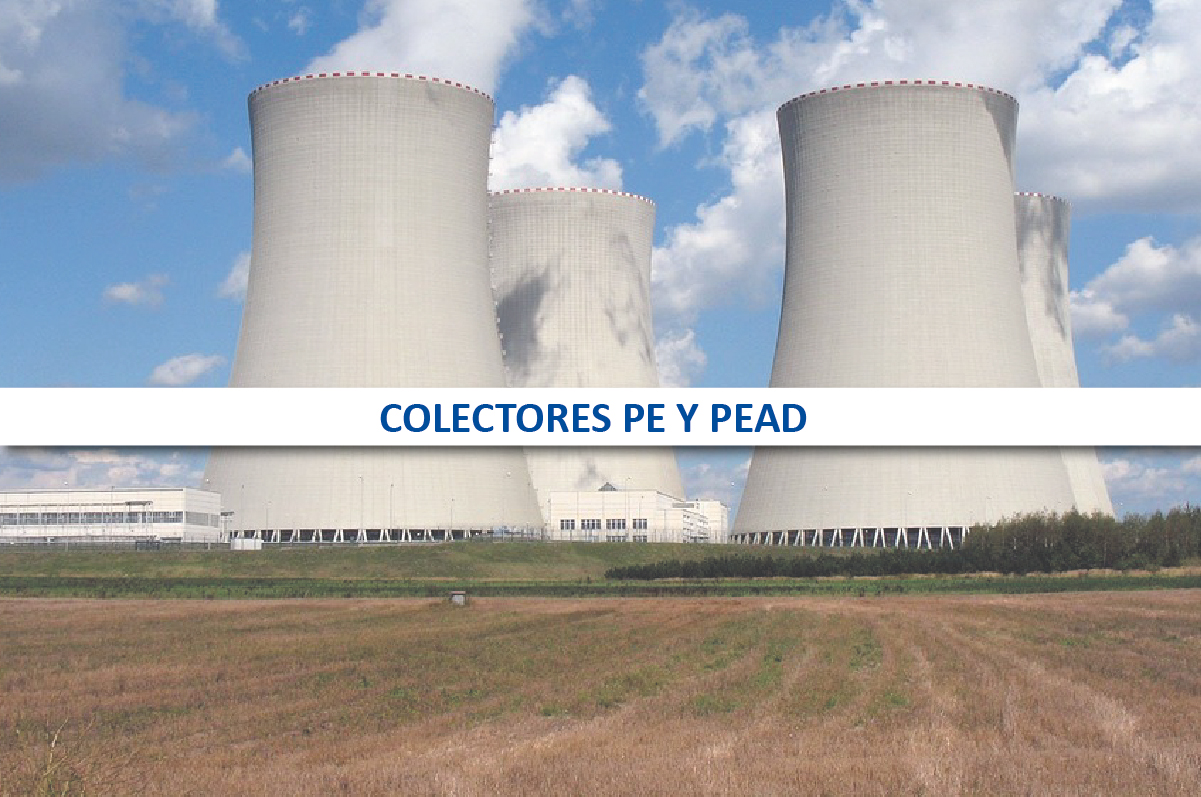Today, the uses of both polyethylene (PE) and high-density polyethylene (PEAD) collectors are multiplying in a variety of areas. The main areas of action are: private houses or entire blocks of apartments factories and industrial-style areas and also the agriculture sector.
On the one hand, when used in homes and private blocks, collectors are often manufactured underground to collect the water discharge from the branches of a sewer. Normally the addresses of each street where a manifold is installed are connected to it in order to evacuate the wastewater. All these waters will be carried to a general main manifold and from here they will be used for a purification station.
On the other hand, the implementation of collectors for industrial and agricultural uses is increasing day by day. Aggressive waters are currently widely used, and for this reason the polyethylene collector is becoming a necessity thanks to its more advantageous characteristics, such as the possibility of custom-made, with the relevant sizes and especially to meet a specific goal.
To know more in detail what applications polyethylene collectors may have in these areas here we see the most common ones:
- Cooling towers.
- Wastewater treatment in plants and water treatment.
- Fertilization by localized irrigation and greenhouses.
- Industrial filteringequipment components.
- Fire hydrants, requiring a large influx of water in a short time.
- Pumping heads.
- Pretreatment and conduction facilities in desalination plants.
- Reverse osmosis installations.
- Networks of community meters in housing.
- Ultraviolet radiation sterilization equipment.
- Etc.
And you’ll wonder, why should I use this type of collector? Well, here we give you the main advantages that high density polyethylene and polyethylene collectors will give you:
- They totally resist the possibility of abrasion.
- Its weight is low and the facilities that entails: good handling and easier installation.
- In relation to the previous point, low installation costs.
- It does not allow for inlays on the surface or walls.
- They have a lot of flexibility, and therefore there can be no breakage, even if they are tense.
- They resist chemical agents, oxidation and microbial agents.
- It’s not toxic.
- The coefficient of friction is very low when the liquid passes through the surface.
- Although there are strong temperature changes outside, it offers stability and can be installed anywhere, even outdoors.
